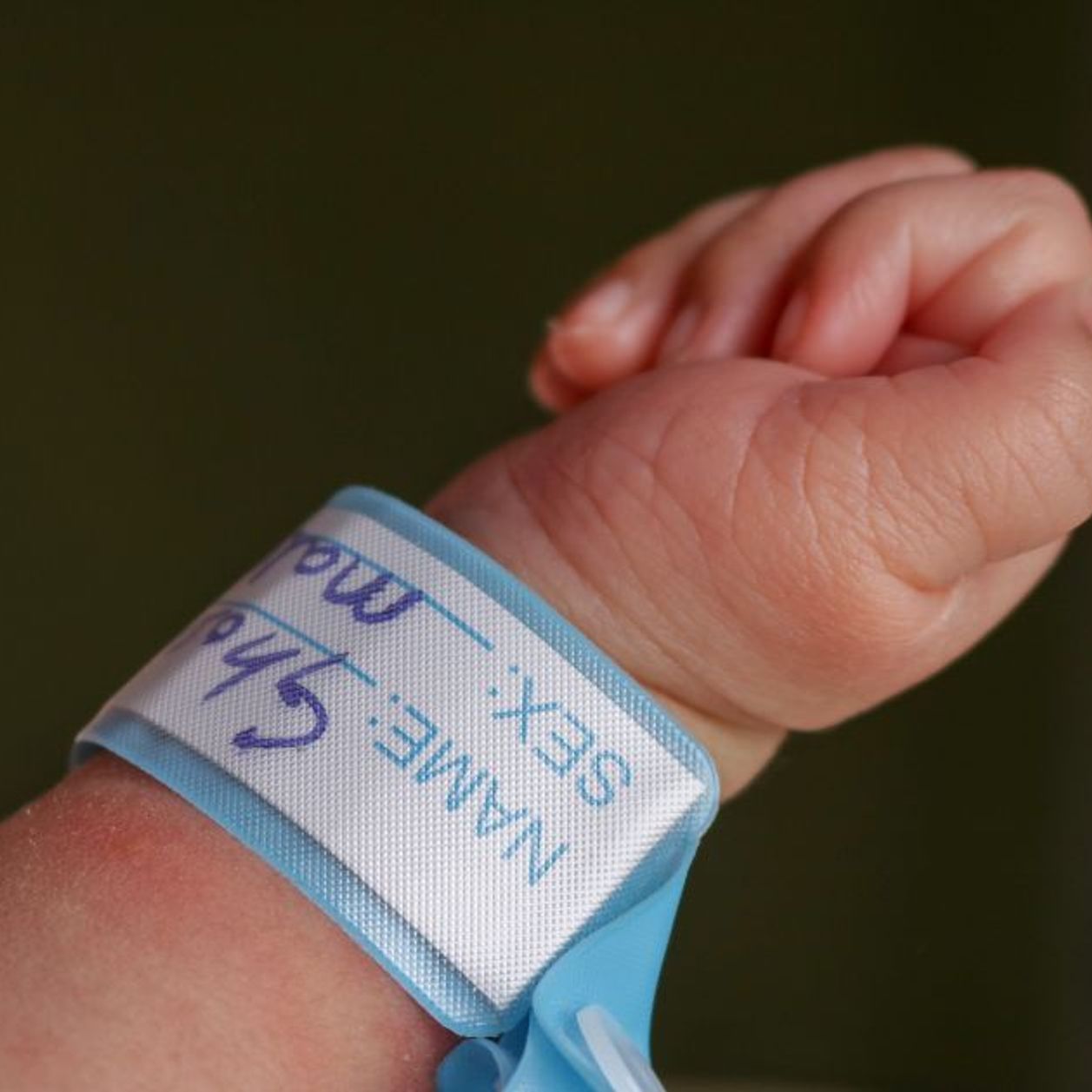Currently, the first names most commonly given in France do not necessarily reflect current trends. Thus, this feminine first name, rich in symbols and worn by more than 2 million people since the beginning of the 20th century, seems outdated.
Since the beginning of the 20th century, the first name Marie is, without doubt, one of the most given in France, with a count exceeding 2.2 million. The first names Jeanne, Françoise, Monique and Catherine follow closely in the long list of the most common first names over the last 122 years, according to the 2022 INSEE report. Mary, in addition to her undeniable biblical references, being the mother of Jesus according to the sacred text, is also present in the pages of French history, worn by various queens such as Marie de Medici and Marie-Antoinette. Adherence to this first name has continued since the Middle Ages, alternating between different forms such as Maria or Mary, and remained at the top of the first name lists from 1900 until the mid-20th century.
However, despite this historical popularity, Marie’s place in contemporary choices of first names seems to be weakening. Nowadays, the first name Marie, although remaining common, is assigned to only 0.3% of new born babies, according to “L’Officiel des Prénoms”. The abolition of the Bonaparte law in 1993, now authorizing almost total freedom in the choice of first names, marked the beginning of the emergence of rarer and more original first names.
The rest after this ad
The gradual decline of classic first names
In 2021, the first name Marie was only chosen for 641 new born babies, a clear decrease compared to the 52,150 in 1901. The space of first names has therefore diversified considerably, leaving tradition in favor of innovation and uniqueness in the choice of first names. Now, names like Emma, Louise, Gabrielle and Jade are seen as more fashionable, although they do not surpass traditional names in terms of total frequency of attribution.
While Mary and John remain historically significant, being worn by more than 800,000 people, the wind of change is undoubtedly blowing through the landscape of first names in France, giving way to a new generation of first names, with diversified sounds and inspirations. Authors Stephanie Rapoport and Claire Tabarly Perrin, in “L’Officiel des Prénoms”, believe that they are relics of a bygone era, which are unlikely to see such widespread successors in the future.
